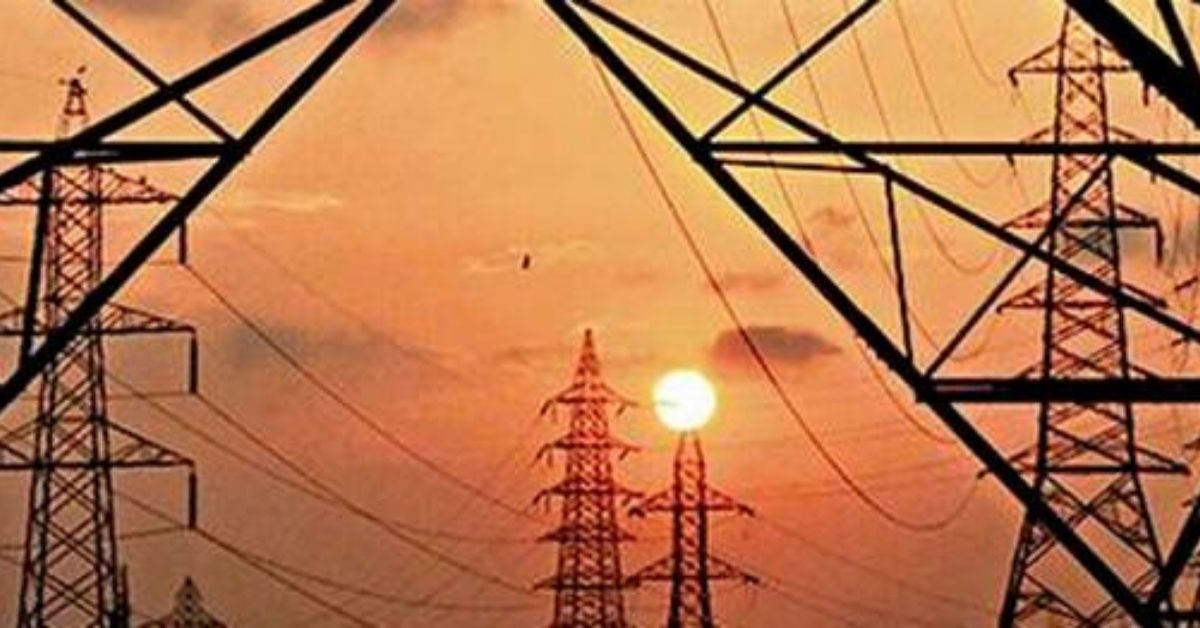This disclosure came during a presentation by Mohammad Hossain, the director general of Power Cell, at the International Trade Summit hosted at Pan Pacific Sonargaon hotel in Dhaka on Tuesday.
Hossain highlighted Bangladesh’s aspirations for increased collaboration in cross-border power trading, echoing sentiments expressed by energy representatives from both Bangladesh and Nepal during the summit.
Revealing Bangladesh’s current power generation capacity of 30,000 megawatts, Hossain acknowledged persistent challenges such as load shedding.
He emphasised the urgent need to augment capacity to ensure an uninterrupted power supply, particularly during peak demand periods.
Currently, Bangladesh imports 2,656 megawatts of electricity from India. Hossain further revealed plans to commence imports of 40 megawatts of electricity from Nepal in July.
Additionally, negotiations are underway for the purchase of 500 megawatts of hydroelectricity from India’s GMR Group in Nepal, with discussions ongoing for importing hydroelectricity from Bhutan.
Expressing a long-term vision, Hossain articulated Bangladesh’s desire for a grid line network with Nepal, outlining plans for a dedicated transmission line from Anarmani in Nepal to Thakurgaon in Bangladesh.
Meanwhile, India is set to construct a 765-kilovolt transmission line from Katihar in Bihar to Barnagar in Assam through Parbatipur in Dinajpur of Bangladesh.
During the summit, Professor Mohammad Tamim from Bangladesh University of Engineering and Technology (BUET) underscored Bangladesh’s heavy reliance on conventional energy, standing at 98 per cent for power generation.
He highlighted the economic strain caused by increased generation costs due to coal and LNG imports, reaffirming Bangladesh’s goal to generate 40 per cent of its power from clean sources by 2040.
Tamim urged India to enhance cooperation for cross-border power trading, ensuring adherence to clean energy objectives.
Gyanendra Lal Pradhan, executive chairman of Hydro Solutions Private Limited in Nepal, stressed the importance of self-sufficiency in power generation, drawing parallels with food production in South Asian countries.
He emphasized mutual cooperation, revealing Nepal’s ambition to generate 28,000 megawatts of power by 2035, with significant portions earmarked for export to Bangladesh and India.
Energy and environmental expert Mushfiqur Rahman highlighted Bangladesh’s increasing reliance on imports due to declining natural gas production.
Rahman stressed the imperative of boosting domestic capacity for energy security in the face of these challenges.




